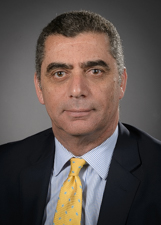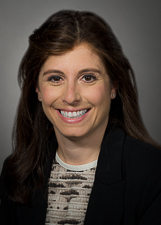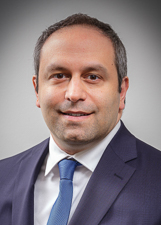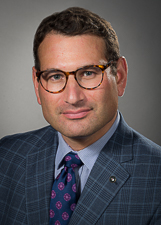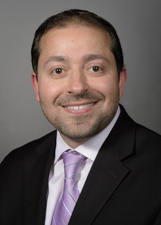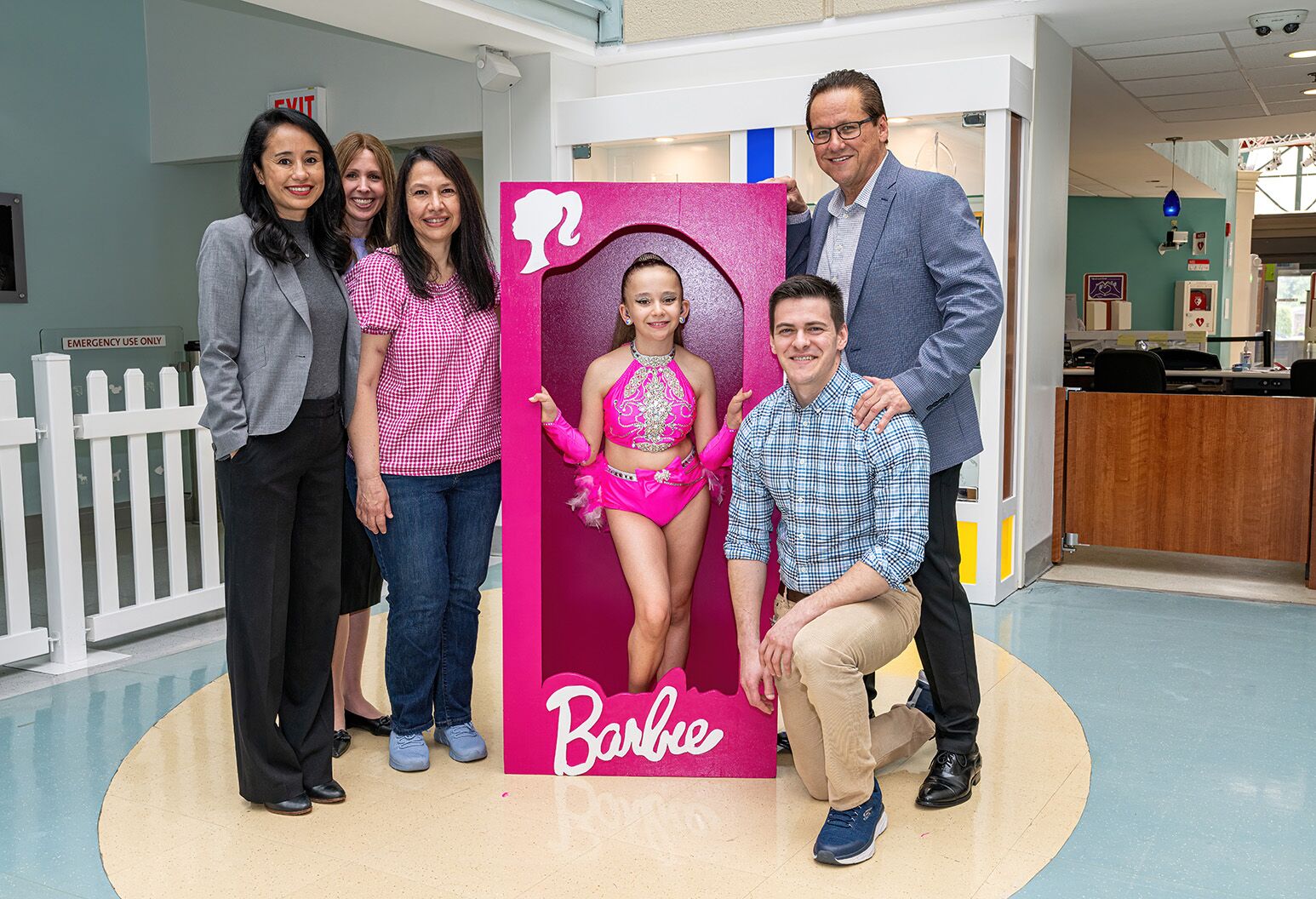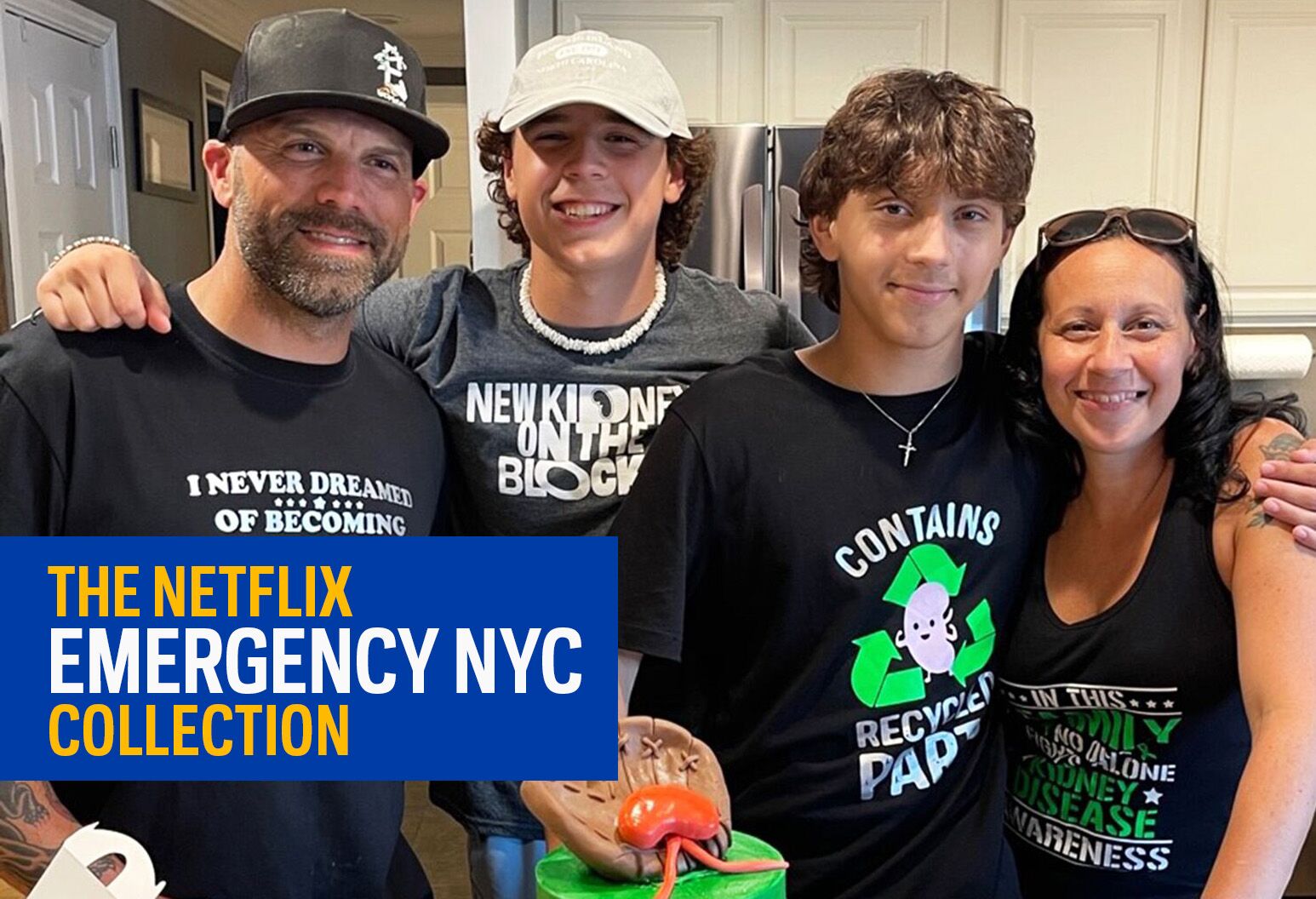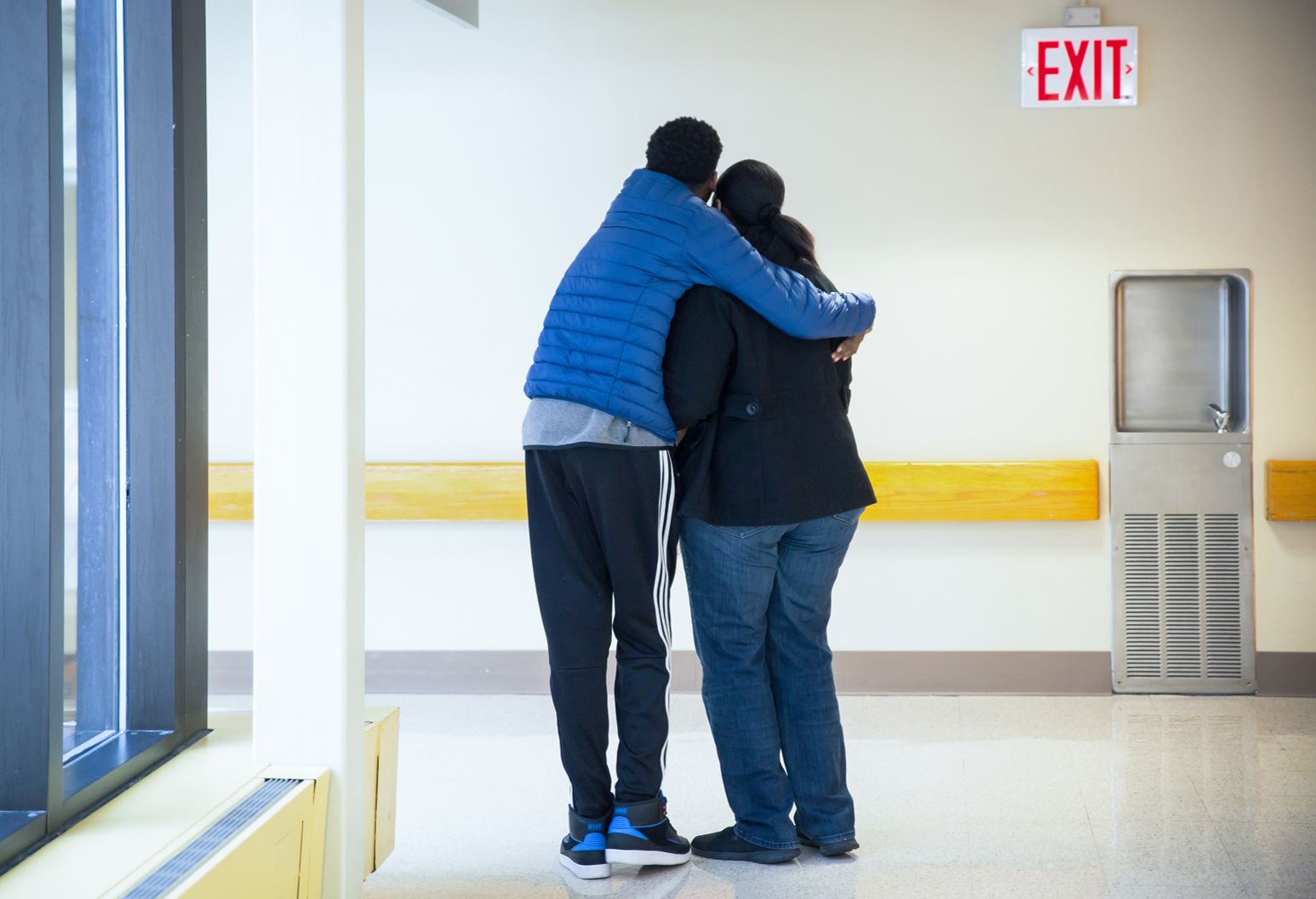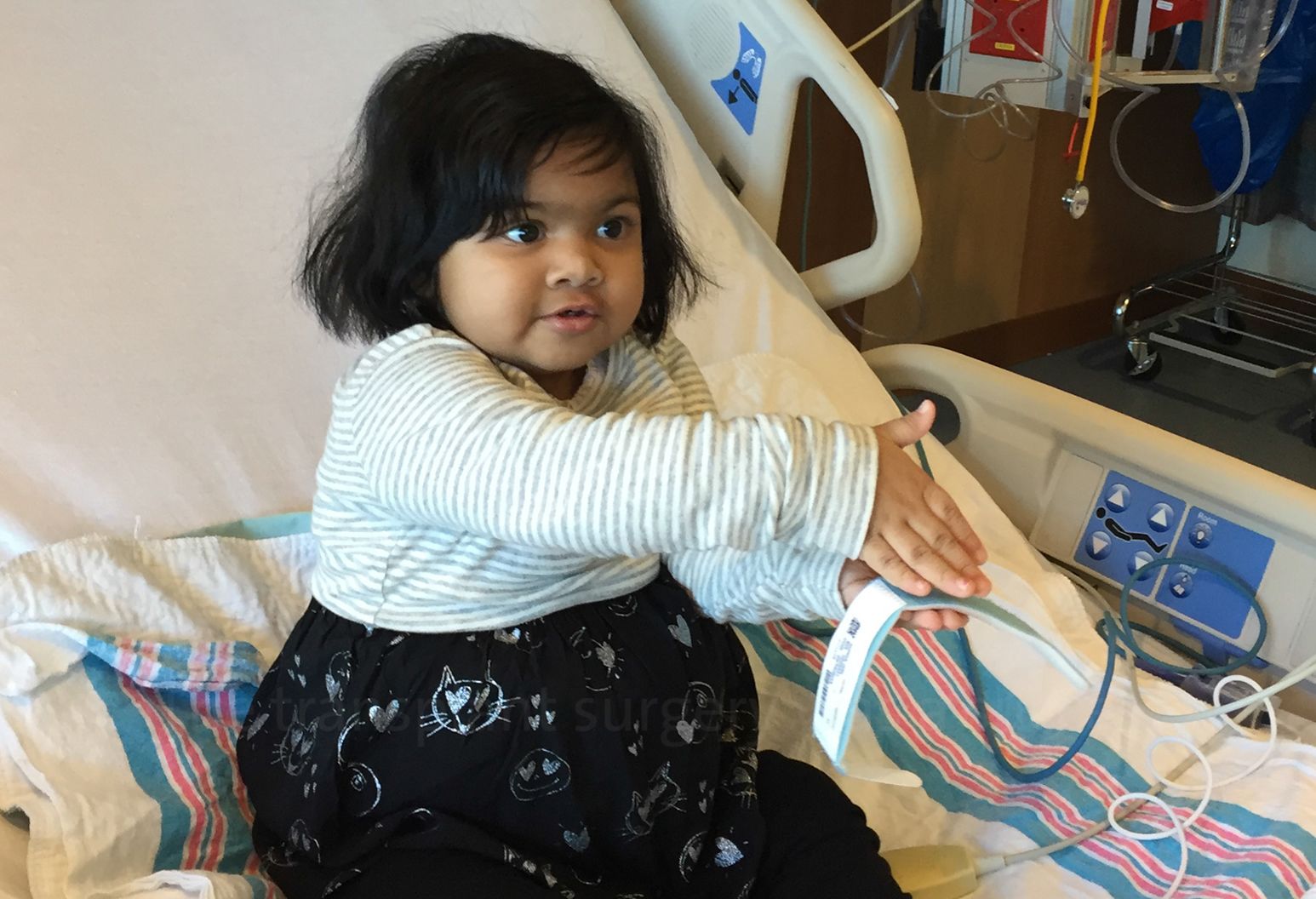Pediatric Kidney Transplant Program
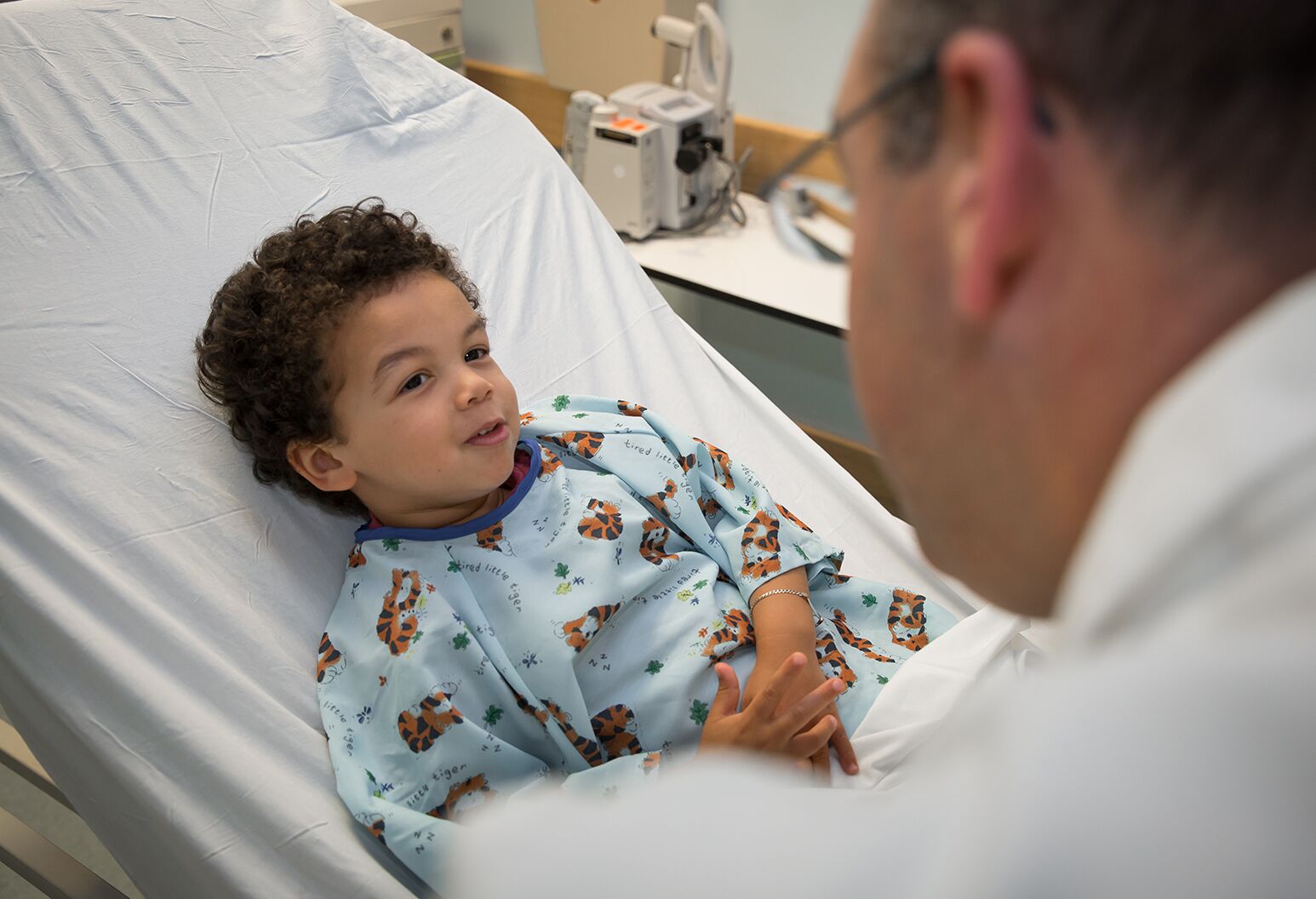
What sets us apart
The Pediatric Kidney Transplant Program at Cohen Children’s Medical Center is led by a nationally acclaimed team of top pediatric specialists. As one of the largest pediatric nephrology programs in New York, our pediatric nephrologists see more than 1,100 children with kidney disease each year. We’re also the first Magnet-recognized children’s hospital in New York—a coveted designation for nursing excellence and a higher standard of care.
Our multidisciplinary team of nephrologists, surgeons, transplant coordinators, pharmacists, nutritionists, psychologists, child-life specialists, social workers, and rehabilitation therapists all specialize in caring for children with chronic kidney conditions, complex anatomy, or high immunologic risk. Working collaboratively for your child, our program is part of Northwell’s Transplant Institute—New York’s fastest growing organ transplant program*—a leader in advancing transplant care and research.
Navigating the journey to kidney transplant
Whether your child is in end-stage kidney failure or has a complex kidney disease that’s not improving with medical intervention, our team provides compassionate care and support at every step of your treatment.
Access to innovative care
We offer leading-edge therapies to medically and surgically manage pediatric kidney failure.
- Cardio-renal pediatric dialysis emergency machine (Carpediem) is a specialized neonatal dialysis machine designed specifically for very small infants and newborns who need continuous renal replacement therapy (CRRT) due to acute kidney injury.
- Our in-house pediatric dialysis center cares for children of all ages.
- Cohen Children’s is the only program in New York that provides lipoprotein apheresis for children with post-transplant focal segmental glomerulosclerosis (FSGS) recurrence.
- We offer access to innovative therapies and clinical trials, and participation in multicenter national collaboratives.
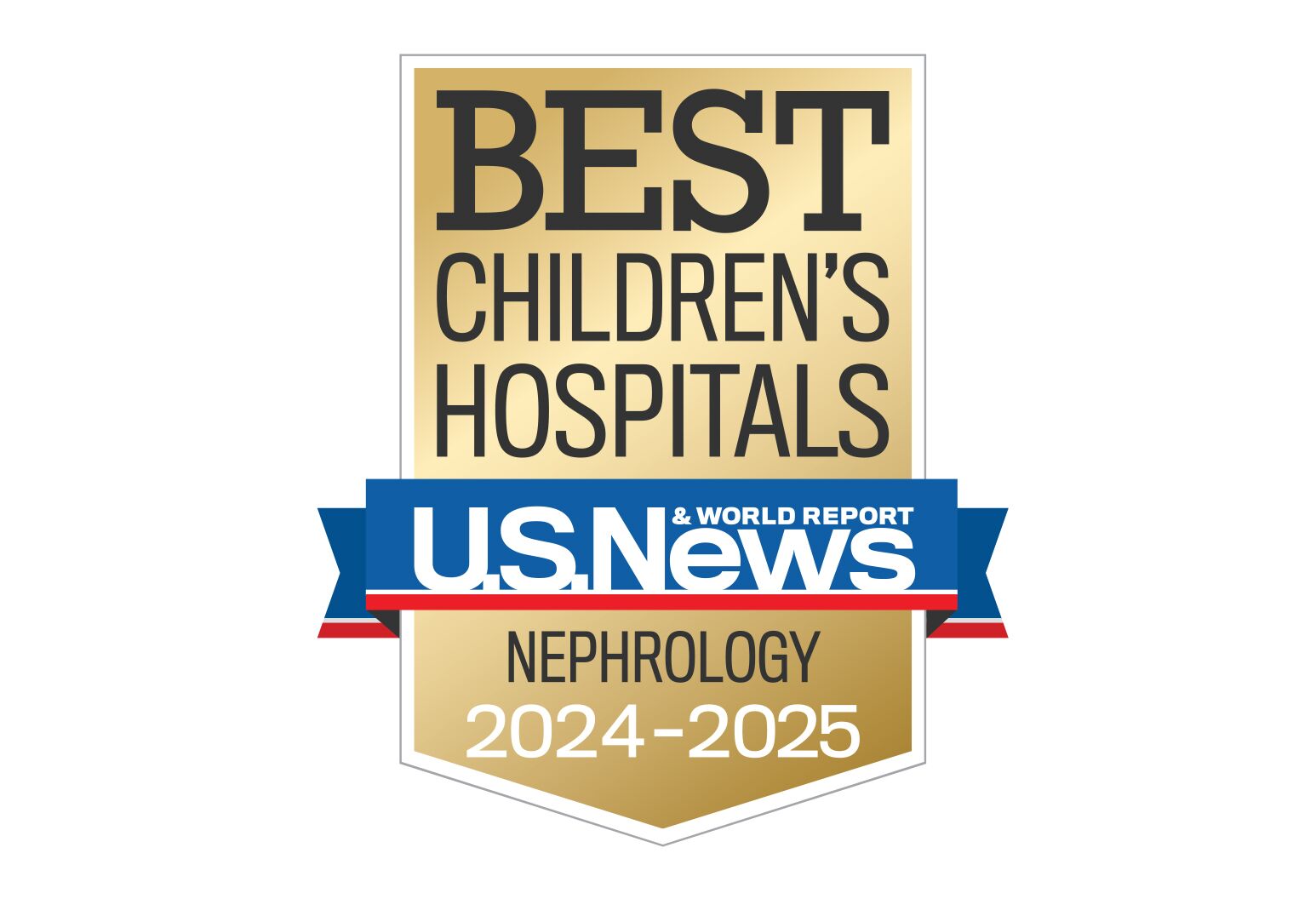
The best care for kids
Proud to be ranked among the nation’s best
We have the highest-ranked pediatric nephrology program in New York according to U.S. News & World Report. We're raising the standard of pediatrics—so together, we can raise healthier kids.
FAQ: Receiving a kidney transplant
Does my child need dialysis before they receive a transplant?
It depends. If a transplant is not available or the child is not yet ready for transplant, they may need dialysis until a transplant is possible. Other times, a child may receive a transplant prior to starting dialysis.
How does my child get listed for a transplant?
If your child needs a transplant, you can call to schedule an evaluation or you may be referred by your primary nephrologist. Our staff will typically schedule an evaluation within two weeks of the initial request. For long-distance patients, accommodations can be made to help with travel and living arrangements. Please let us know what is needed so we can assist you.
During the transplant evaluation, your child will undergo a comprehensive assessment by our multidisciplinary team. If your child was referred by an outside pediatric nephrologist, we will maintain close communication with your primary doctor to streamline and expedite their care.
Once the evaluation and listing process is complete, your child will be eligible to receive a kidney transplant from a deceased donor or through living donation if a donor is available.
What can my family expect during surgery?
Your child will typically be admitted on the night prior to surgery, or early on the morning of surgery. A deceased donation can occur at any time of day or night, so you should be ready to be admitted at any time. Although surgical times vary based on your child’s size and anatomy, a typical transplant lasts about four hours.
What can my family expect after surgery?
After surgery, your child will recover in our pediatric intensive care unit (PICU). Typically, they will remain in the hospital for five to seven days, although recovery times may be longer. During the postoperative course, your child will be closely monitored by the transplant and ICU teams. Teaching will be done on a daily basis to help prepare you and your family for discharge, and any medications needed will be obtained prior to discharge from the hospital.
What can my family expect after discharge?
The pediatric transplant team will continue to follow your child closely after discharge. Appointments will be quite frequent in the first few weeks after transplant and will be spaced out over time. If you and your family are traveling for your care, initial post-transplant care will occur at Cohen Children’s Medical Center. A transition plan will be made to ensure safe transfer of care back to your primary team, and we will continue to follow and provide consultation along with them. The transplant team is available 24/7 to assist with any questions or problems that may arise. It is crucial that you inform the transplant team of any issues so that we can deal with them as quickly as possible.
FAQ: Donating a kidney
How can I donate a kidney?
To be a kidney donor, you have to be 18 or older and be in good health without high blood pressure, cancer, diabetes, kidney disease and heart disease. Typically, donors are between 18 and 60, but if you are over 60 and in excellent health, you may be eligible. You will have to undergo blood tests to see if your blood type is compatible with the recipient. The following lists matching blood types:
- O (donor) can donate to O, A, B, AB (recipient)
- A (donor) can donate to A, AB (recipient)
- B (donor) can donate to B, AB (recipient)
- AB (donor) can donate to AB (recipient)
If your blood type is compatible, you will need to have more testing to ensure the donation is safe and appropriate.
What can I expect during surgery?
Most kidney donations are done by laparoscopic surgery. Our surgeons are experts in the single-port laparoscopic nephrectomy technique, which results in less pain and minimal scarring.
What can I expect after surgery?
Donors usually remain in the hospital for one to two days after surgery, and will then be seen by the donor team as an outpatient postoperatively. You will not need to be on any medications following the donation other than pain medication. Usually, you only need this for a week or two. Donors can typically return to work two to three weeks after surgery.
Will this affect my ability to have children?
No.
Do I quality for medical leave of absence from my job?
Yes. Donors can contact their human resources department for details. The paperwork can be filled out by the surgeon.
Who will cover the cost of my workup and surgery?
The cost is fully covered by the recipient's insurance.
Can I get financial assistance for being a kidney donor?
Although donors cannot be paid for donating a kidney, there are programs that can help donors with travel and hotel costs. Our financial coordinator can provide more details.
Program directors
Ahmed Ezz Eldin Fahmy, MD
Director - Pediatric Kidney Transplantation
Our team
Nabil Nuhad Dagher, MD
Director - Transplant Surgery of Surgery, Long Island Jewish Medical Center, Vice President - Transplant Surgery of Surgery, Long Island Jewish Medical Center, Director of Surgery, North Shore University Hospital, Vice President of Surgery, North Shore University Hospital
Niraj Manubhai Desai, MD
Director - Ctr. for Kidney & Pancreas Transplant
Elliot Ian Grodstein, MD
Program Director - Transplant & Hepatobiliary Fellowship
Christine B. Sethna, MD
Chief - Pediatrics Nephrology, Director - Pediatric Fellowships Program
Aaron M. Winnick, MD
Support team
- Jessica Fassano, nurse practitioner
- Jackson Kane, RN, transplant coordinator
- Danielle Alletto, SW
- Sharon Khakshoor, RD, CDN
- Megan Moravec, PharmD
- Krishna Daiya, PharmD
- Krystel Aurelio, financial coordinator
- Anastasia Vallente, financial coordinator
*Source: Organ Procurement and Transplantation Network, Transplant year 2022-24 by Transplant Center

